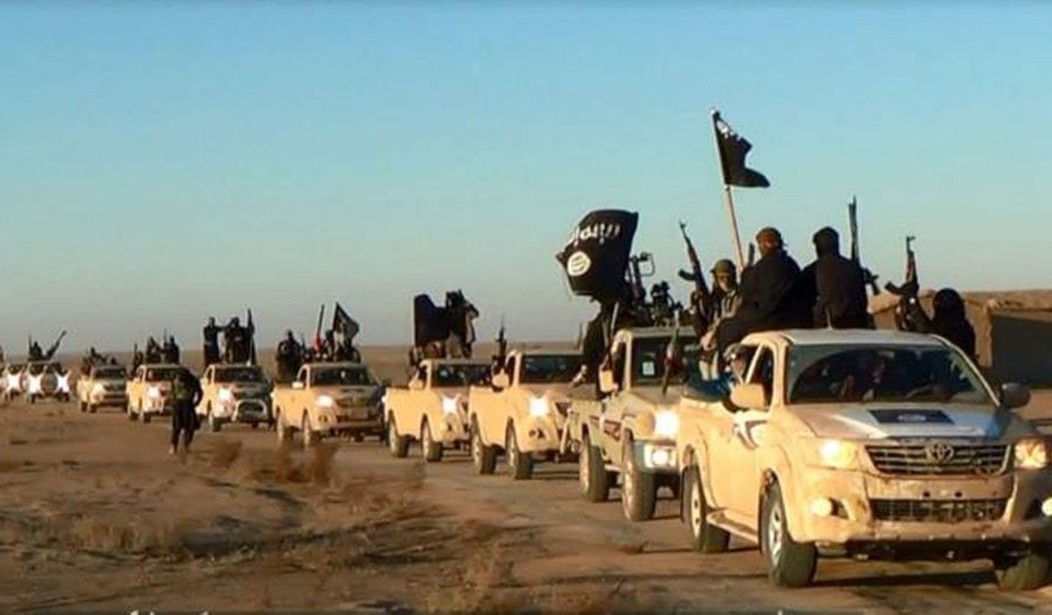There’s a saying from the Talmud, a religious Jewish text, that I first heard while learning about the Holocaust. It says: “Whoever destroys a soul, it is considered as if he destroyed an entire world. And whoever saves a life, it is considered as if he saved an entire world.” I learned this line while still a young child and so, I imagined literal worlds destroyed by the Nazis — millions of them. In a way, I wasn’t off-base; each human being on earth experiences the outside world only through their eyes. We each have our own view of the world, unique from any other person.
In college, I studied history and narrowed the focus of my coursework to genocide. I took classes on Armenia, I studied abroad in Cambodia, and I continued to read voraciously on the Holocaust and Eastern European Jewry.
Soon, I learned that genocide wasn’t just a phenomenon of history, that it is still taking place in the modern world and that there are functioning concentration camps still in operation.
The first book to open my eyes about the existence of these camps was Aquariums of Pyongyang. Growing up Jewish, the knowledge that there were still human beings trapped in in camps shook me to my core. I soon began reading more, including Melanie Kirkpatrick’s book on the Underground Railroad system that transports refugees out of North Korea, into China, and eventually, into South Korea. The border between North and South is the most militarized in the world, requiring refugees to make a most circuitous route to freedom. Other books like Escape from Camp 14, which, while flawed due to varying recollections and admissions from its Korean author after publication, also give a window into the arduous journey for those seeking to escape the “Hermit Kingdom.”
One organization kept coming up in these stories, a group started by Korean-Americans in California called Liberty in North Korea. They had begun the dangerous and necessary work of helping refugees in China. The two Communist countries have an agreement on escaped North Koreans, who are forcibly returned to their country of origin, often to their own deaths in these camps.
While discussing history, many Jews rightfully fault FDR’s administration for the United States’ refusal to accept more European Jewish refugees. In present day America, many are drawing a false equivalence between Syrian refugees and Jews from Europe. In National Review, Ian Tuttle broke down the reasons why these two groups are dissimilar. A far more apt comparison would be between North Korean refugees and European Jews.
Since the Korean War, millions have died in North Korea, including in a massive and little-known famine in the 1990s which killed between half a million and two and a half million, leading to cannibalism. The Western world is perfectly comfortable mocking the quirky qualities of North Korea’s leaders, but is less apt to compare the Kims to Adolf Hitler or other mass murderers in history.
Since first reading about Liberty in North Korea, I have conducted fundraisers to bring refugees out of China — where they are at risk of trafficking and repatriation — to freedom in South Korea. These fundraisers are usually conducted during the Jewish holidays of Passover and of Hanukkah. The connection between North Korean refugees and Passover is clear: these victims of an oppressive regime are making a long journey, often on foot, to freedom. These men, women and children are making an Exodus of their own.
This Hanukkah I’m also conducting a refugee rescue fundraiser to raise enough to rescue and resettle three refugees, at the cost of $9,000. Like most Jewish holidays, Hanukkah is a celebration over those who have unsuccessfully sought the destruction of the Jewish people; in this instance, the Syrian Greeks. Like in Syria under the Hellenist Greeks, North Koreans are unable to practice Western religion (namely, Christianity).
The Jewish numerical symbol for life is 18 and multiples of it (36, 72, etc). Going through my fundraising page for these refugees, it’s striking how many donations in these denominations there are. One donation, from a Jewish friend in Atlanta, was particularly moving. She wrote “All 4 of my grandparents survived the Holocaust. I will not sit idly by as others are persecuted.” Another donor who gave $18 wrote “for we were once slaves in Egypt; now we are free, and it’s our job to share that liberty with others.”
During this season of Hanukkah and leading up to Christmas, while our nation is embroiled in rancor over Syrian refugees, the rescue of North Korean refugees is a way for both Jewish and Christian Americans to give the gifts of life and liberty — and the freedom to celebrate Christ’s birth.









Join the conversation as a VIP Member